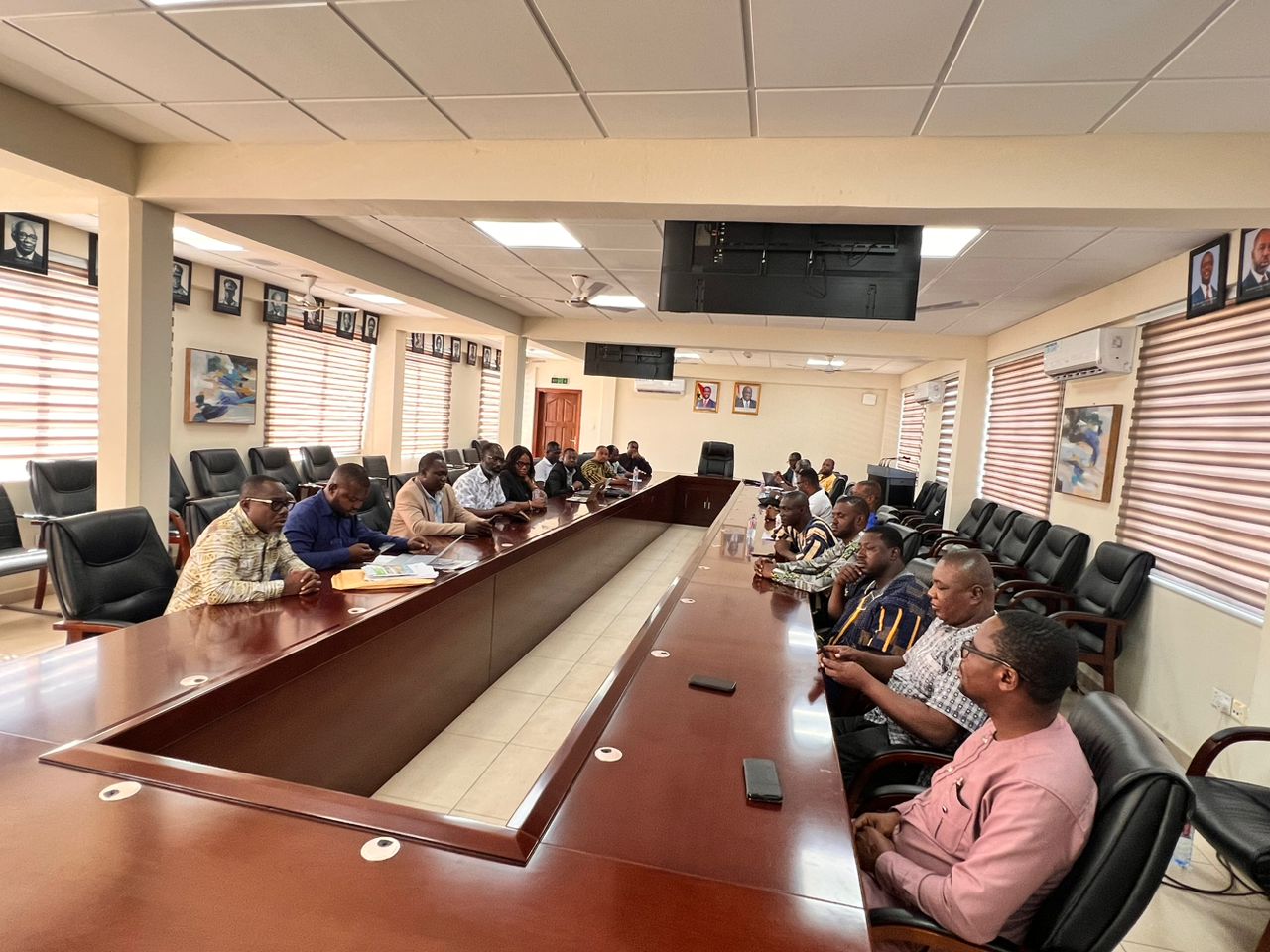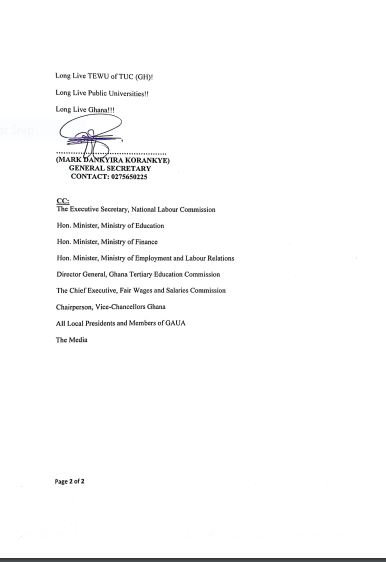
The University Teachers Association of Ghana (UTAG), a member of Organised Labour, has voted to declare industrial action in favor of a national ban on mining in forest reserves, farmlands, and rivers, as the broader coalition of unions suspended its nationwide strike set for tomorrow, October 10, 2024.
This move comes amid growing concerns over the environmental devastation caused by illegal mining, known locally as “galamsey.”
In a referendum conducted across UTAG’s 15 branches, 77.95% of the 2,762 members who participated, voted in favor of the strike, with 607 opposing. The National Independent Electoral Committee (NIEC), chaired by Dr. Reuben Ayivor-Djanic, confirmed the results on October 9, 2024.
UTAG’s General Secretary, Professor Ransford Gyampo, articulated the Association’s stance, stating, “As teachers and scholars, we cannot just talk about development in our classrooms while our forests and rivers are being destroyed outside.”
This sentiment reflects a growing frustration within UTAG and its constituents regarding the government’s perceived inaction on the environmental crisis stemming from illegal mining activities.
The decision by UTAG to strike stands in contrast to Organised Labour’s recent choice to suspend its planned strike, which also aimed to address frustrations over the government’s handling of illegal mining. Following an emergency meeting, union leaders decided to suspend their industrial action, citing assurances from the government that it would increase efforts to combat illegal mining. Joshua Ansah, Secretary General of the Trades Union Congress (TUC), noted, “We will observe the government’s actions before deciding on our next steps.”
While UTAG, as part of Organised Labour, is echoing the call for stronger action against illegal mining, its decision to proceed with a strike underscores urgency compared to the broader coalition’s cautious approach. This divergence highlights the complex relationship between labor interests and environmental advocacy within the collective framework of Organised Labour, with UTAG’s actions signaling a growing impatience with the slow pace of governmental measures against galamsey.
The illegal mining issue has sparked significant national debate throughout 2024. Despite the government renewing its crackdown on illegal mining, deploying military forces, and implementing stricter regulations, many areas continue to suffer from environmental degradation. Communities across the country have reported extensive damage to water bodies, forests, and agricultural lands, raising concerns about the effectiveness of the government’s initiatives.
As UTAG prepares to move forward with its industrial action, the implications for both labor and environmental policy in Ghana remain uncertain.
The strike could provoke further discussions on how to balance economic interests with the urgent need for environmental protection. As the situation unfolds, it remains to be seen whether UTAG’s actions will catalyze more robust governmental interventions or exacerbate existing tensions between various stakeholders in Ghana’s fight against illegal mining.
Read also:
The post UTAG members vote in support of strike against galamsey on October 10 first appeared on 3News.
Read Full Story
















Facebook
Twitter
Pinterest
Instagram
Google+
YouTube
LinkedIn
RSS